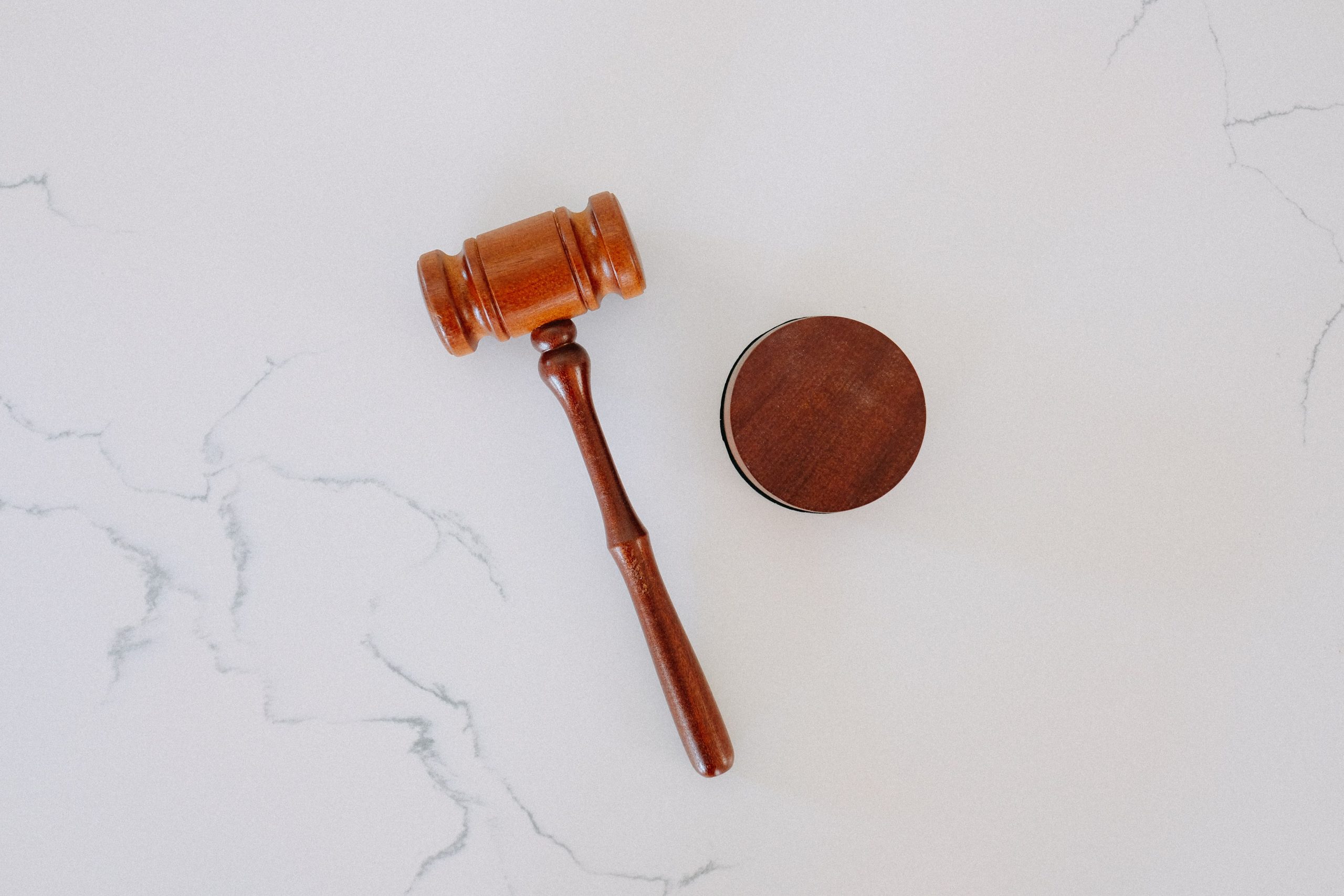Dutch woman Farhia Hassan, who was charged seven years ago with raising money for the Somali terrorist group al-Shabab, has been extradited to the US to face trial.
Hassan, 38, made an initial appearance Friday in US District Court in Alexandria after being brought to the US on Thursday on charges of conspiring to provide material support to a terrorist organization. She was ordered held pending her next hearing.
Also Read: G20 leaders demand for humanitarian access across Afghanistan
Prosecutors claim Hassan assisted in the fundraising effort by claiming the money would go to schools and orphans when it was actually going to terrorists. According to the indictment, al-Shabab cells in Nairobi, Kenya, and Hargeisa, Somalia, received funds from 2011 to 2014.
She faces up to 15 years in prison if convicted.
Hassan’s attorneys in the United States worked to get the accusations against her dismissed while she was fighting extradition in the Netherlands for the last seven years.
Also Read: House agrees to give medals to 13 fallen US troops in Kabul bomb attack
The defence attorneys contended that the United States lacked jurisdiction to arrest a Dutch lady with funding a Somali terrorist cell. They further claimed that the lengthy delays in bringing her to trial amounted to a deprivation of her right to a timely trial.
Last year, Judge Anthony Trenga concluded that the lawsuit may proceed. He said that some of Hassan’s co-conspirators were based in the United States and that the United States has a legitimate interest in pursuing supporters of a terrorist organisation.
He also ruled that Hassan’s efforts to avoid extradition were to blame for the trial’s delays. Jessica Carmichael, Hassan’s lawyer, declined to comment after the hearing on Friday.
Also Read: Interpreter who rescued Joe Biden from snowstorm flees Afghanistan
Muna Osman Jama of Reston, Virginia, and Hinda Osman Dhirane of Kent, Washington, two of Hassan’s co-defendants, were convicted in 2016 and got jail terms of 12 and 11 years, respectively.
At trial, defence attorneys maintained that the women’s contributions were insignificant, totalling only a few thousand dollars from a group of roughly 15 people. They further claimed that the money was intended to care for injured al-Shabab soldiers and that donating funding for medicine in an armed war was not a crime under international treaties.
The defence also highlighted First Amendment concerns, claiming that their support for al-Shabab should not be used as evidence in a criminal case.







